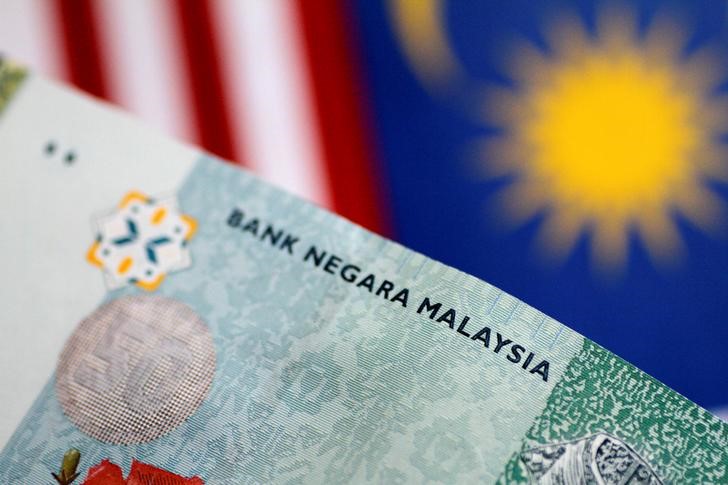Asia FX slips after Trump inauguration; BOJ, BNM rate decisions awaited
Most Asian currencies weakened on Tuesday as the dollar rebounded following U.S. President Donald Trump’s inauguration, while the Japanese yen and the Malaysian ringgit gained ahead of their central banks’ rate decisions due this week.
Trump assumed office overnight and announced a series of executive orders, underscoring his campaign pledges.
The US Dollar Index rose 0.3% during Asian trading, after losing more than 1% overnight. US Dollar Index Futures were also 0.3% higher. Asian currencies fall under Trump 2.0 due to tariff fears
Regional currencies were under pressure from a rising dollar, which was boosted by anticipation of new trade tariffs under the Trump administration. Trump did not provide details on the imposition of new tariffs, although reports have shown they are expected to be announced gradually.
Trump had vowed to impose up to 60% additional levies on Chinese exports. If imposed to the full extent, new tariffs could significantly affect most Asian economies because of their trade-reliant economy.
The Australian dollar’s AUD/USD pair fell 0.4%, while the Singapore dollar’s USD/SGD pair inched 0.2% higher.
The Chinese yuan’s offshore pair USD/CNH rose 0.3%, while the onshore pair USD/CNY was largely unchanged on Tuesday.
The Indonesian rupiah’s USD/IDR pair climbed 0.5%, while the Philippine peso’s USD/PHP gained 0.3%.
The Indian rupee’s USD/INR pair inched 0.1% higher, while the South Korean won’s USD/KRW pair was largely muted.
The greenback’s strength is expected to put further downward pressure on regional currencies as new tariffs would likely lead to reduced trade imbalances and higher inflation.
Tariffs are designed to reduce imports, which can decrease the trade deficit by limiting the flow of dollars out of the U.S. economy. This reduced supply in the global market can increase its value relative to other currencies.
Additionally, they can fuel inflationary pressures. Markets may then anticipate that the Federal Reserve will hold higher rates for longer, further strengthening the dollar. Japan, Malaysia interest rate decisions awaited
The Japanese yen’s USD/JPY pair fell 0.5% as markets priced in an interest rate hike at the Bank of Japan’s policy meeting due later this week.
The BOJ is expected to raise rates, provided there are no market disruptions following Trump’s inauguration. The central bank is likely to reiterate its commitment to further rate hikes if the economy maintains its recovery, Reuters reported citing sources familiar with the matter.
The Malaysian ringgit’s USD/MYR pair drifted 0.5% lower ahead of the Bank Negara Malaysia interest rate decision . The BNM is expected to hold rates steady at 3.00% for the 10th straight meeting on Wednesday due to robust economic growth and controlled inflation, a Reuters poll showed.
Source: Investing.com
